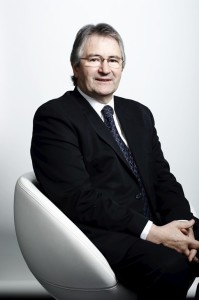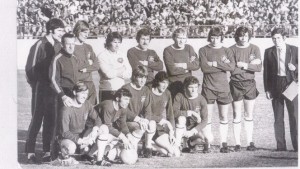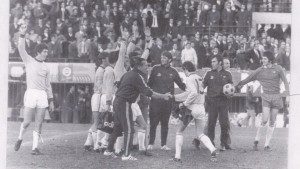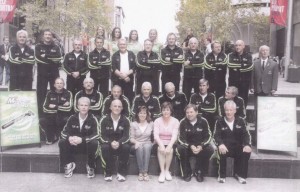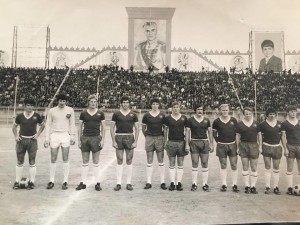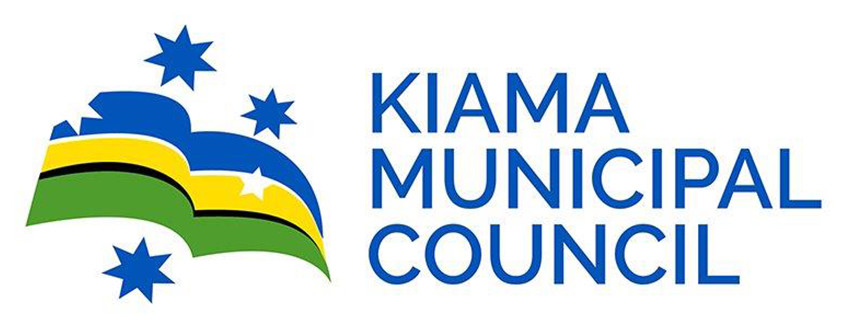When former Socceroo goalkeeper, Jack Reilly, received his marching orders from the FFA Board in an email from chairman Frank Lowy, in June 2013, it was with a sense of trepidation and severe disappointment that he been denied his ambition to secure the future of the game.
Like many former players who have been shunned by the administration, Reilly gravitated away from the game, but in recent times his conscience reminded him it needed rapid reform and overhaul.
With plunging interest in the A- League, the loss of market share to Big Bash cricket in the summer and another World Cup failure, Jack Reilly wants to take the game to the people to gain concensus about the direction it should take.
The man who worked as a stockbroker with J.B.Were and Capel Court, chaired the Council of Authorised Money Market Dealers which liases with the Reserve Bank on national liquidity, and acted as an adviser to Jeff Kennett, Paul Keating and John Howard on economic policy, is now ready to lead change in Australian football.
In this interview with Roger Sleeman, Reilly analyses the major issues in the game and provides solutions to arrest the decline of Australian football in the face of ever increasing competition in the sporting market place.
ROGER SLEEMAN
In the midst of a wonderful World Cup in Russia, Australian football still pursued a path of self – destruction with the announcement of levy increases for amateur players.
Your comment.
JACK REILLY
Unfortunately, there are still many people with self-interest making these decisions and a matter so important should’ve been open to debate from all parties to decide if an increase in the levies was justified.
The sad fact is, the grass roots are compensating for the 3.6 billion dollars spent on the game and 310 million dollars lost by the A-League clubs.
Critically, monies are being scattered in the wrong directions.
R.S.
What was your take on the statement issued 6/7/18 on the FFA website defending the decision to raise the levies?
J.R.
Due to the precarious financial position of the FFA, the increase in levies was an easy option.
However, the FFA is the end beneficiary and as the governing body, they should ensure monies are being used in the right manner.
R.S.
If the FFA is financially hamstrung, how can it justify the employment of 105 full time employees and 38 support staff in Russia during the World Cup?
J.R.
From the time I sat on the FFA Board in 2007, till the time I departed in mid-2013, I queried when there would be a total review of the organisational structure and expenditure commitments.
On the day I left, it still hadn’t happened.
The problem remains, the management is not accountable on or off the field.
R.S.
Since the FFA commenced operations, there have been a succession of well-meaning CEO’s who had little or no background in our sport.
Would other major sports in our country contemplate such a process?
J.R.
All of those people had capability in their own right but the major problem is, there has never been a sufficient spread of talents and skills at the FFA.
Football and business skills are needed to maximise the outcomes required taking the game forward and these are issues which have to be addressed.
Also, none of these CEO’S received the correct instructions, and in the case of John O’Neill who employed Peter Hargitay to mastermind the World Cup bid, it has to be questioned whether there was any consultation on this matter or just a directive from above.
Furthermore, when I was on the Board, I was part of a Football Development Committee but nothing ever happened.
R.S.
The FFA Board, with the exception of Steven Lowy and Danny Moulis, is made up of people who have no history, culture or experience in football matters.
There are many former players who have reached great heights in business, e.g. Glen Sterrey who leads 100 employees in the financial planning section of a leading professional accounting firm and Gary Marocchi who is a highly credentialled structural engineer and principal of a successful business, who would be honoured to serve on the Board.
Why aren’t they being considered?
J.R.
There’s simply a protectionist system in place and although the current Board members have good business skills, the question is, how did they get to the positions?
A group of people is needed on the Board who will put a strategy in place, listen to everybody, implement actions and get on with the game.
Nevertheless, there is room for the business professional and former playing professional to serve on the Board.
R.S.
What is your view of Steven Lowy’s performance as chairman of FFA?
J.R.
We’re now more than two and half years on since the new Board was enacted but we also have a Congress board consisting of eight people representing four different interest groups.
The current Board has still failed to review the last thirteen years of the A-League and to answer your original question, there is simply no plan in place.
R.S.
In view of the FIFA investigation into the FFA Congress, can the current Board be returned after the November elections?
J.R.
As long as there is a fair and responsible enquiry into the game, we have to live with the fact FIFA is in control of the process and whether the current Board members will be retained is an unknown at this point in time.
R.S.
Subsequent to the FIFA findings, will the FFA take the necessary steps to ensure corporate governance in Australian football is transparent and all stakeholders are allowed to contribute to the wellbeing of the game?
J.R.
After David Gallop had been in the job for eight weeks, he submitted a fourteen page document at a Board meeting on corporate governance, because at the time, he was the Deputy Chairman of the Australian Sports Commission.
He asked the Board members to bring comments back to the next meeting so I made mine on my copy.
At the next meeting, the paper wasn’t on the agenda and when I asked why, I was told all discussion had been stopped.
I brought this to the attention of the Chairman of the A.S.C. who informed me we had received 2/5 for corporate governance yet the Chairman of the FFA refused to do anything about it.
R.S.
What is your evaluation of the PFA’s performance in advancing the game?
J.R.
Diabolical!!
Players in Australia are pitched to be ultra-special and they are far from that.
Look at the rewards the Socceroos have received which are far too much for their talent and if they’re earning big money with their clubs, they should be playing for their country for nothing.
Think of the parents who are paying between $1000- 3000 for their kids to play elite football yet money is being expended at the top level like it’s gone out of style.
I’ve no problem with an incentive system where players would receive bonuses after progressing through each phase of a tournament but suffice to say, I received $1,700 for playing in the 1974 World Cup.
R.S.
You have made many recommendation, especially when you were on the Board, as to the path which should be followed to maximise success at youth level.
What is wrong with our youth development and national team programs?
J.R.
After the Mexico u/17 World Cup in 2011, as the head of the Delegation from the FFA, I wrote a brutal report to the Board about our poor performance.
I sought feedback from the other Board members and they claimed they hadn’t seen the report.
I rang CEO, Ben Buckley, and asked where my report was and he replied he wouldn’t be distributing it.
I asked why and he replied it would set a precedent.
This proved there was a total lack of accountability which continues today.
There should be a six monthly review of all coaching programs and personnel and in selecting coaches we have to improve our methodology in appointing people, rather than providing “jobs for the boys”.
Also, we must open up opportunities for young players to play at the highest level and the case in point was the introduction of Colosimo, Bresciano and Grella when I was involved at Carlton in the N.S.L.
R.S.
A few weeks ago, I ventured into the booming Marconi licensed club which now has 50,000 members and is an A-League club waiting to happen.
Why hasn’t the FFA explored possibilities like this, rather than accepting bid tenders, many of which have been made by clubs who don’t exist or don’t have a stadium facility?
J.R.
The FFA appears to have vilified the ethnic communities because they have failed to maximise their true value.
We simply haven’t had the administration which could build on their past record and huge potential.
Some of the parties bidding for a licence aren’t aware of the real cost whereas clubs like Marconi and South Melbourne have a phenomenal background and financial base so we should be building on them, not destroying them.
R.S.
In view of the current state of the game, would you consider standing for the Board again, and if successful nominate for Chairman?
J.R.
If the people on the FFA Board were willing to recognise public opinion as to where the game should be heading and be held accountable to deliver, I would certainly put my name forward.
R.S.
If you were successful, how would you unite the former players so they could claim their rightful place in our football landscape?
J.R.
After I left the Board in 2013, I gave a thirty two page submission to them for improving the game.
It included a comprehensive review of the A- League as a major priority but no action was taken.
I gave the current Board a twelve page overview and never received an answer.
I speak to former players all the time and they want to make constructive contributions but are ignored by the powers that be.
As a former Socceroo, I say it’s now time to listen to their voices and let them assist this game reach its full potential.

